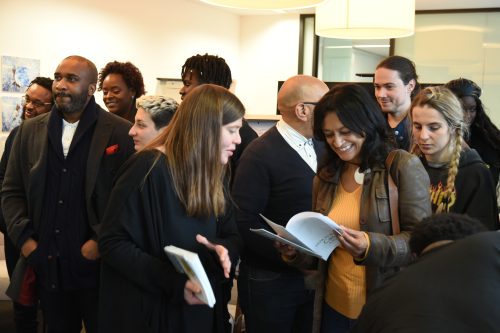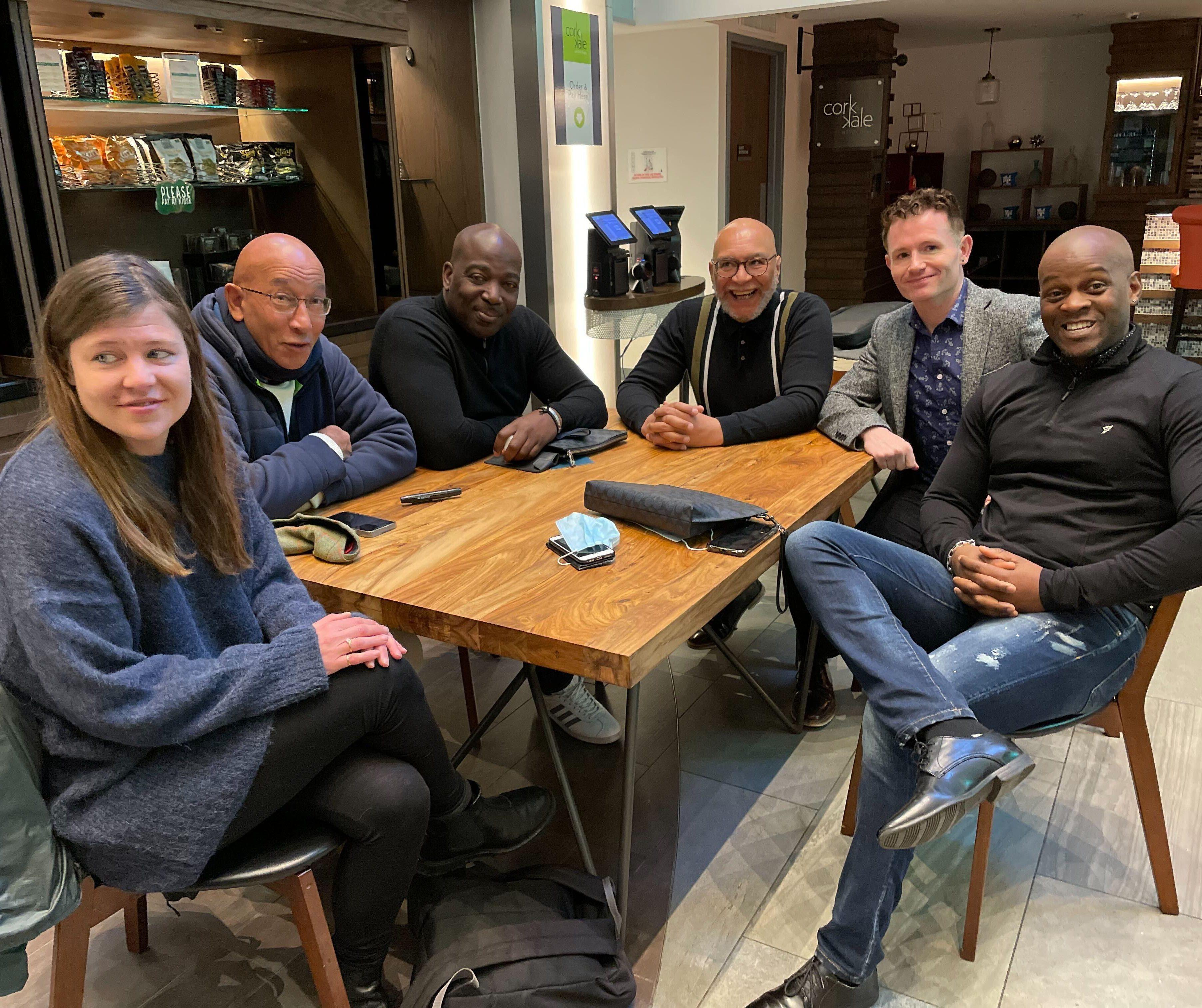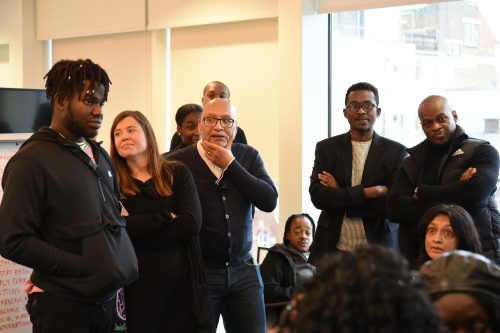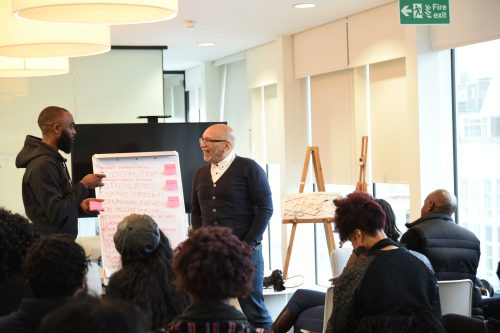In the UK, Black people are more likely to be stopped and searched, arrested and imprisoned for drug offences - despite levels of drug use being lower than in white communities. The war on drugs entrenches systemic racism.
In the United States changes to the legal status of cannabis have often been seen as an opportunity to address historical injustices of drug policy. We have growing examples of places where, by putting Black voices at the heart of the debate, reform can truly support drug laws that tackle systemic racism and disproportionate policing.
We have formed a new allyship between the Social Action Network BLAKSOX and Transform Drug Policy Foundation that will amplify the voices of Black communities as drug reform comes to Europe and the UK.
This allyship seeks to ensure that Black voices are amplified as we move towards drug law reform here. Transform and Blaksox are committed to ensuring drug policy debates focus on the needs of those most impacted, and that future policy is designed to empower rather than further marginalise these communities.





